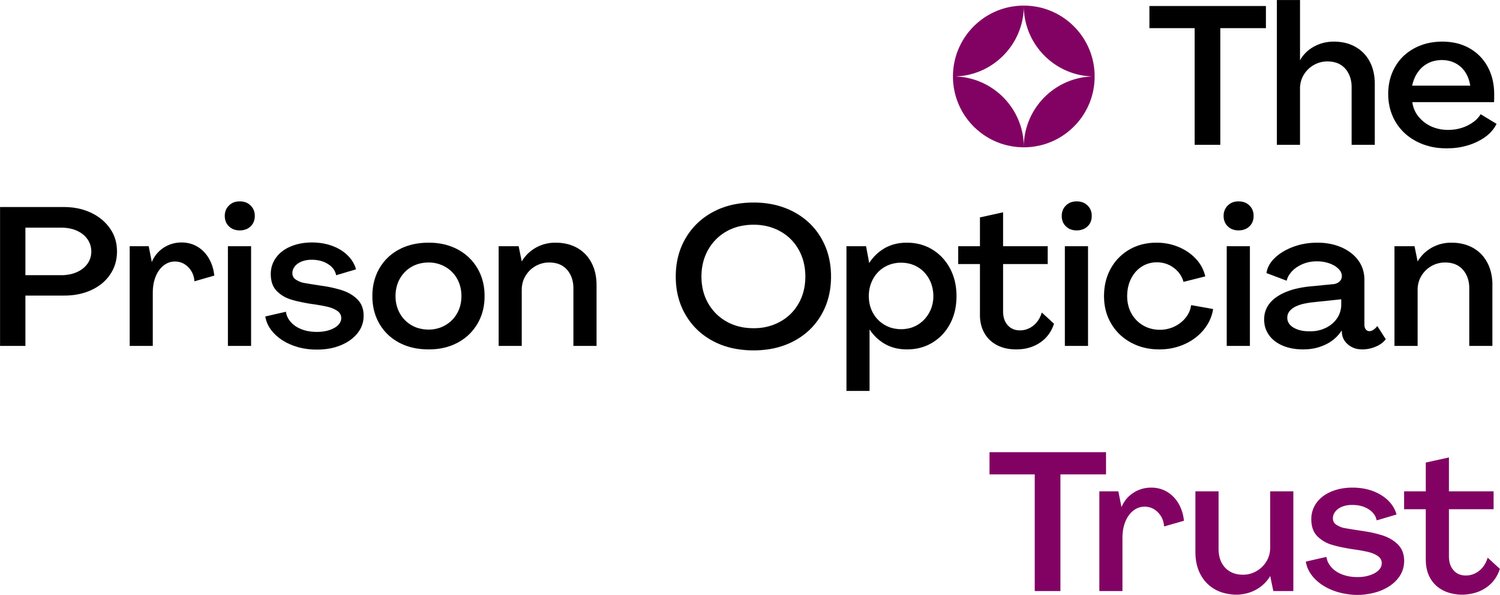FAQs
See below for answers to questions we get asked the most. If you need any more information get in touch.
-
Working closely with the prison service, The Prison Opticians Trust interviews each prisoner applying to the program to gather information about their crime, their background and what the prisoner has done (and is hoping to do) to make up for their wrongdoing. Candidates may also be offered a trial day in the Trust’s lab so as to see whether the program will suit their needs, in addition to whether the candidate will make a good fit for the lab and its team. Based on the information collected, the Trust then assesses the eligibility of individual candidates to become optical trainees. Once accepted onto the program, candidates go through a rigorous risk-assessment process in which prison managers determine their eligibility for day release.
-
The Prison Opticians Trust only works with prisoners reaching the end of their sentence and who are serving the remainder of their time in open conditions.
We do not work with those convicted of offences including, and similar to sexual violence and sexual offences aginst an adult, child or vulnerable adult.
-
During the 10 week observation and training period, The Prison Opticians Trust gets to know each trainee personally and observes them closely in order to decide who is suitable for a job in the optical industry and could be recommended for employment at a local optician’s practice. Only those trainees whom the Trust is confident will make valuable assets to employers are recommended. Trainees then complete a month-long work experience placement at the local practice, during which employers can make more informed decisions as to the suitability of individual trainees to their company and further professional development.
-
Employers will benefit from taking on new, qualified employees who are well trained, knowledgeable, committed and enthusiastic about working in optics. To begin with, trainees do voluntary work for employers, giving them a chance to see how that person fits into their team before making the decision to hire. The subsequent progression to paid work allows prisoners to save towards their release from prison.
-
Helping prisoners to secure paid work upon release from prison reduces their chances of re-offending and, by implication, contributes towards the safety of the wider community. In addition, our trainees pay a percentage of their salary into the Victims Support Fund. Furthermore, helping prisoners to secure paid work upon release from prison saves members of the community paying for ex-offenders’ unemployment benefits.

